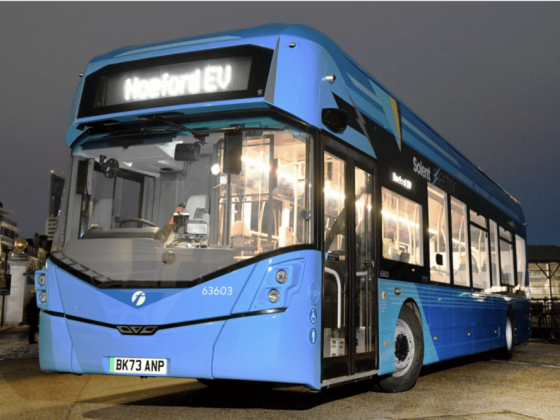ACFO offers government company car tax action plan

Fleet association ACFO is urging the government to adopt a six-point action plan to protect and enhance company car demand.
The action plan has been sent to HM Treasury to aid its review into the impact of the Worldwide harmonised Light vehicles Test Procedure (WLTP) on company car benefit-in-kind tax and Vehicle Excise Duty.
HM Treasury is considering whether vehicle tax changes are required once WLTP-based carbon dioxide (CO2) emission figures are adopted as the basis of motoring taxation from April 2020.
Chancellor of the Exchequer Philip Hammond is expected to announce any changes to the existing company car benefit-in-kind tax and Vehicle Excise Duty regimes in the government’s Spring Statement on Wednesday, March 13. That is likely to be followed by a consultation on the technical legislation when it is published in July with any changes due to be introduced in April next year.
ACFO says businesses are closing company car schemes with employees opting for cash due to year-on-year rises in benefit-in-kind tax and uncertainty over future taxation levels.
ACFO has highlighted HM Revenue and Customs’ data showing that while the volume of company cars on the road was reducing, the tax take from drivers and companies paying Class 1A National Insurance on the benefit was increasing. Furthermore, the Office for Budget Responsibility has already factored in an additional £500 million flooding into HM Treasury coffers as a result of the impact of WLTP on taxation by 2024.
The review document says that initial evidence provided by manufacturers suggested that more than 50% of cars would see an increase in CO2 emissions from the old New European Driving Cycle (NEDC) testing procedure to WLTP of between 10% and 20% thus resulting in an increased tax liability.
Arguing that the existing CO2-based company car tax regime had “successfully driven down CO2” and enabled drivers to select plug-in hybrid and zero emission cars, ACFO said: “This has a direct impact upon new car sales, but also serves to provide a channel of low emitting vehicles into the national car parc.”
However, in its review response ACFO stressed that a combination of annual tax rises and future tax uncertainty was driving employees to “make their own arrangements” and fund their own vehicles.
ACFO is urging the government to realign benefit-in-kind tax bands to smooth the transition to WLTP or consider a ‘grandfathering’ of cars registered prior to 2020 to account for the rise in CO2 emissions under WLTP testing.
ACFO wants the government to implement the 2% benefit-in-kind tax rate for cars with CO2 emission of 0-50g/km immediately and not wait until 2020/21 as scheduled.
The government is urged to provide a continuous four-year view of company car benefit-in-kind tax thresholds to give employers and drivers certainty over future bills.
ACFO also wants to remove the existing 4% benefit-in-kind tax supplement on diesel cars that do not meet the Real Driving Emissions Step 2 standard and confirm an extension of the existing plug-in car grant scheme for at least two years to provide fleets with a period of stability and certainty.
Finally, ACFO is calling on the government to consider further incentives, such as congestion charge exemption and free parking in urban areas, in addition to benefit-in-kind tax, to encourage increased adoption of ultra-low emission vehicles.



